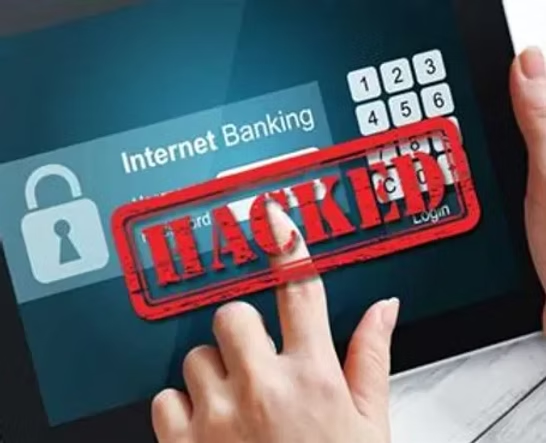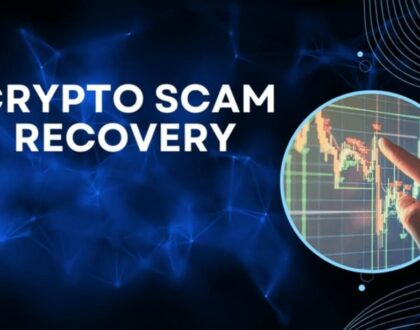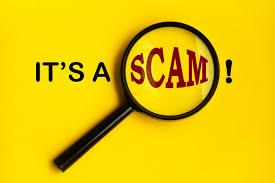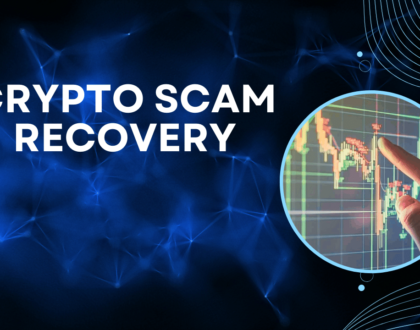
Will Bank Refund Unauthorized Transaction
Will Bank Refund Unauthorized Transaction? A Detail Overview
Unauthorized transactions can be distressing and make you feel helpless. Whether or not it’s due to fraud, hacking, or a mistake, the significant question is: Will bank refund unauthorized transaction? This text dives into this topic and critically answers associated questions, ensuring you have the know-how to recover your price range.
How do I get my money back From Unauthorized Transactions?
To recover your money from an unauthorized transaction, follow these steps:
- Report the Issue: Contact your bank’s customer service when you learn about an unauthorized transaction. Most banks have dedicated hotlines for reporting fraud.
- Provide the Evidence: Gather all relevant data, including transaction details, dates, amounts, and any verbal exchange with the service provider. This will facilitate the bank’s review of your declaration.
- Submit a Dispute: Wireless a formal dispute with your bank. According to the bank’s regulations, you should submit the documents online or complete the form.
- Monitor the investigation: Contact your financial institution during the research system. Banks commonly provide updates on the status of your case.
Can a bank refuse to Refund an Unauthorized Transaction?
Sure, a financial institution can refuse to refund an unauthorized transaction. Following are some of the details:
- DelayedReporting: If you fail to report the transaction within a stipulated time frame (often 60 days), the bank might deny your declaration.
- Negligence: If the bank determines that the unauthorized transaction occurred because of your negligence in sharing your PIN or account information, it may refuse your money back.
- Lack of evidence: The bank may reject your request if you cannot offer all the evidence to guide your claim.
Can Banks Reverse Unauthorized Transactions?
In many cases, banks can oppose unauthorized transactions. However, the system depends on numerous factors:
- Timeliness: Reporting the transaction quickly will increase the chances of recovery.
- Merchant Cooperation: If the transaction continues to be pending or hasn’t been processed using the merchant, the bank can occasionally forestall it.
- Fraudulent accounts: If unauthorized transactions are made to a fraudulent account, reversing the transaction becomes extra difficult but not impossible.
Do Banks Pay for Unauthorized Transactions?
In some cases, banks can pay for unauthorized transactions:
- The Fraud Isn’t Your Fault: If it’s clear that you’re a sufferer of fraud and didn’t compromise your account protection, the financial institution typically refunds your money.
- Regulations protect it: Many regions have laws that protect purchasers from wireless fraud. For example, under the U.S. Electronic Fund Transfer Act, unauthorized transactions reported within business days restrict your legal responsibility to $50.
However, the exact process and consequences depend on the financial institution’s regulations and the nature of the unauthorized transaction.
Do you require any help with your lost funds?
If you’ve fallen victim to fraud or unauthorized transactions and your bank isn’t cooperating, professional price range recovery services can be your ally. At bsbforensic.com, we specialize in getting a better-lost price range from scams, fraud, and unauthorized transactions. Our team of professionals works diligently to ensure you swiftly get your cash back.
Don’t let unauthorized transactions disrupt your economic stability. Touch us these days for a session and take the first step towards reclaiming what’s rightfully yours.
Conclusion
Unauthorized transactions can occur to anyone, but understanding your rights and the processes involved could be crucial. While banks often refund those transactions, acting promptly and taking preventive measures to guard your accounts is vital. For professional help, contact bsbforensic.com, where we prioritize your fund recovery.



